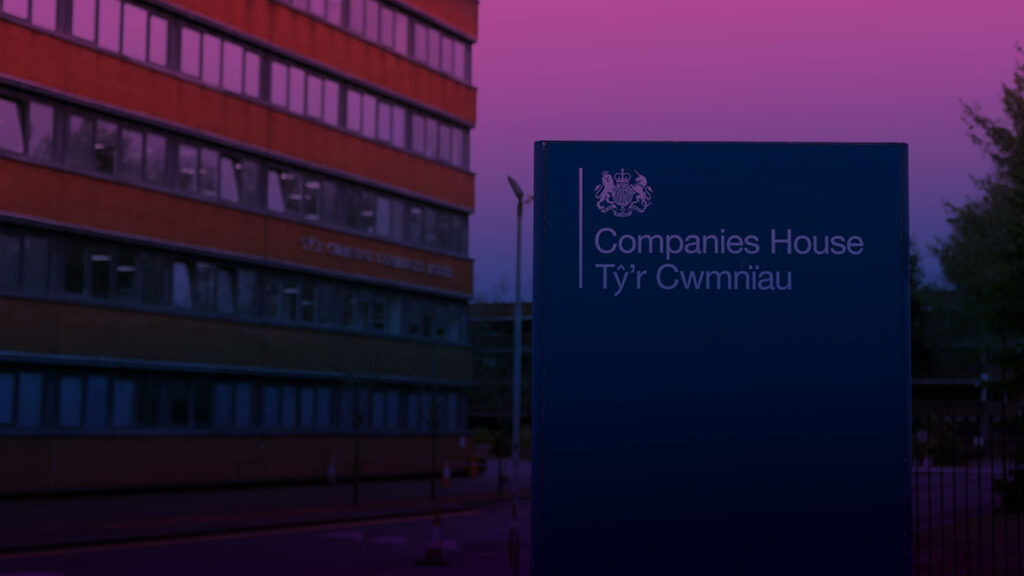
Companies House is about to go through its biggest reform since its inception in 1844. The new requirements are all in aid of increasing transparency, helping to reduce fraud and money laundering in the UK. Here are some other significant events from its almost 180 years of history.
- 1844: The first Joint Companies Act is passed, introducing a system of registration for limited liability companies and the Registrar of Joint Stock Companies. Prior to this companies could only be incorporated through grant of a royal charter, by a private act of Parliament or by letters patent. Companies House at this time was located at 13 Serjeant’s Inn, Chancery Lane, London. The first company to file for registration at this address was the National Savings Bank Association Ltd.
- 1856: The Joint Stock Companies Act 1856 is passed, making it easier for companies to be formed and traded on the stock market. The Act also made it easier for all business owners to obtain limited liability. In order to gain limited liability companies were required to submit annual reports and other information to the Registrar.
- 1929: Over the next few decades, multiple different Companies Acts were passed, surpassed and repealed. The 1928 Companies Act consolidated many of these acts while also introducing new rules for the appointment and duties of company directors and auditors as well as introducing the notion of disqualified directorships and winding up orders.
- 1976: Companies House relocates from London to Cardiff which becomes their new base of operation. At the same time Companies House adopts microfilming as a means of storing and managing documents.
- 1985: The Companies Act 1985 is passed, introducing new regulations for the formation and management of companies, including requirements for company accounts and audits.
- 1992: The Companies Act is amended to allow for the electronic filing of company information, making it easier and quicker for companies to register and file documents.
- 1997: Companies House Direct (CHD) is introduced, the first online search system for company records soon followed by e-filing
- 2000: Companies House launches WebCHeck, an online service allowing users to search and access company information. WebCHeck is aimed more at the general public
- 2006: The Companies Act is passed, introducing new rules for the formation and management of companies, including new requirements for directors’ duties and company reporting. The act allowed for the incorporation of companies over the internet bringing Companies House into the 21st century
- 2007: The 2007 Money Laundering Regulation compels Trust and Company Service providers, to stringently vet all directors connected with a company upon formation. The regulations do not apply when a company is formed directly via Companies House.
- 2015: Companies House introduces Companies House Service, a new free online system that gave access to over 170 million. The new online portal made it far easier for anyone to access documents and information regarding companies registered in the UK significantly increasing corporate transparency.
- 2016: The Person of Significant Control register is created requiring all beneficial owners with greater than 25% ownership to be listed on Companies House.
- 2020: Companies House announces plans to introduce new rules for the verification of company directors’ identities, aimed at preventing fraud and money laundering as part of the strategic plan over the next five years.
- 2022: Following the Russian invasion of Ukraine, many of the planned changes to Companies House set out in 2020 are accelerated as the Government increases its focus on economic crime. The Register of Oversea Entities is added to Companies House to track offshore owners of land/property in the UK.
- 2023: Companies House implements its planned reforms following the likely passing of the Economic Crime and Corporate Transparency Bill. These reforms will include greater due diligence of company directors and other named individuals
